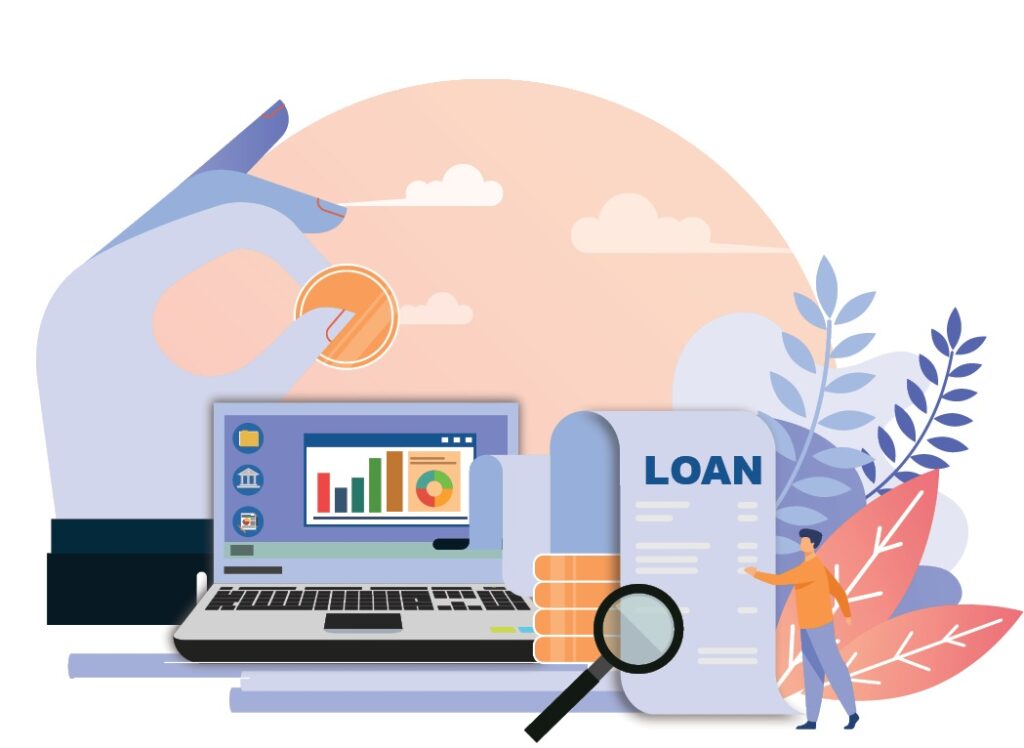Navigating Financial Crossroads: Smart Solutions for Immediate Cash Flow Needs
Financial crossroads often hit unexpectedly, leaving us scrambling for immediate solutions. These financial hurdles can strain our budgets, whether an unexpected medical bill, a sudden car repair, or an urgent home improvement project. Short term credits can be a valuable tool for bridging the gap between expenses and available funds. Mastering the complexities of these loans and skillfully manoeuvring through their terms is essential to avoid enduring financial stress in the long run. This guide will delve into short term credits, offering insights into their benefits, different types, considerations, and alternatives to make informed financial decisions.
Understanding Short Term Credits
As the name suggests, short term loans are loans with shorter repayment periods, typically ranging from a few weeks to a year. These loans are designed to provide quick access to funds without the prolonged commitment of traditional long-term loans. They come in various forms, such as payday loans, instalment loans, and lines of credit. Payday loans usually require repayment by the borrower’s next payday, while instalment loans allow repayments in smaller, regular instalments over a defined period.
Benefits and Considerations

- Speed and Accessibility: Short term credits are known for their quick approval process, making them suitable for urgent financial needs. They often have minimal paperwork and fewer eligibility requirements compared to conventional loans.
- Interest Rates and Costs: While these loans offer immediacy, they often have higher interest rates than long-term loans. It’s essential to carefully assess the total cost of borrowing, including interest rates and any additional fees.
- Credit Impact: Short term credits may impact credit scores differently. Some lenders don’t perform hard credit checks, making them accessible to individuals with poor credit. However, defaulting on payments can adversely affect credit scores.
- Repayment Terms: Understanding the repayment terms is crucial. Missing payments or defaulting on a short-term loan can lead to additional fees and damage your credit score. Evaluate your budget and ensure you can comfortably repay the loan within the specified timeframe.
Types of Short Term Credits
- Payday Loans: These loans are typically small-dollar amounts borrowed against the borrower’s next paycheck. They often have high-interest rates and short repayment terms, making them a quick but expensive option.
- Installment Loans: Unlike payday loans, instalment loans allow borrowers to repay the loan over a set period in fixed, regular payments. Interest rates can vary, and these loans might be more manageable for some individuals.
- Lines of Credit: A line of credit offers flexibility, allowing borrowers to access funds up to a predetermined limit. Interest is charged only on the amount borrowed, making it a flexible option for managing varying cash flow needs.
Alternatives and Responsible Borrowing
- Personal Savings: Before opting for a short-term loan, consider utilising personal savings or emergency funds to cover immediate expenses. It can prevent unnecessary interest payments and potential debt accumulation.
- Negotiating with Creditors: In some situations, contacting creditors or service providers to negotiate payment plans or extensions might provide temporary relief without borrowing.
- Credit Union or Community-Based Alternatives: Some credit unions or community organisations offer small, short term loans at more reasonable interest rates than traditional payday lenders. Exploring these options could be beneficial.
- Side Hustles or Additional Income Streams: Generating extra income through part-time work or leveraging skills for freelancing gigs can supplement cash flow and alleviate the need for immediate loans.
Conclusion
Financial emergencies are a part of life, and short term credits can be helpful to address them. However, they come with associated risks and costs that necessitate careful consideration. Understanding the different types of short term advances, benefits, and expenses and considering alternatives empowers individuals to make informed and responsible financial decisions. Prioritising financial literacy, budgeting effectively, and exploring various avenues for financial support can help navigate these crossroads more efficiently, ensuring stability and resilience in times of need.
Related Articles
-
Will buying views help my video get recommended by YouTube algorithms?
-
Partnerships Enhancing Fire Extinguisher Service NYC Quality
-
The Advantages of Skip Bin Hire for Small Businesses
-
How to Maintain and Clean MDF Square Skirting Boards for Longevity?
-
Is contemporary furniture only suitable for modern homes?




















